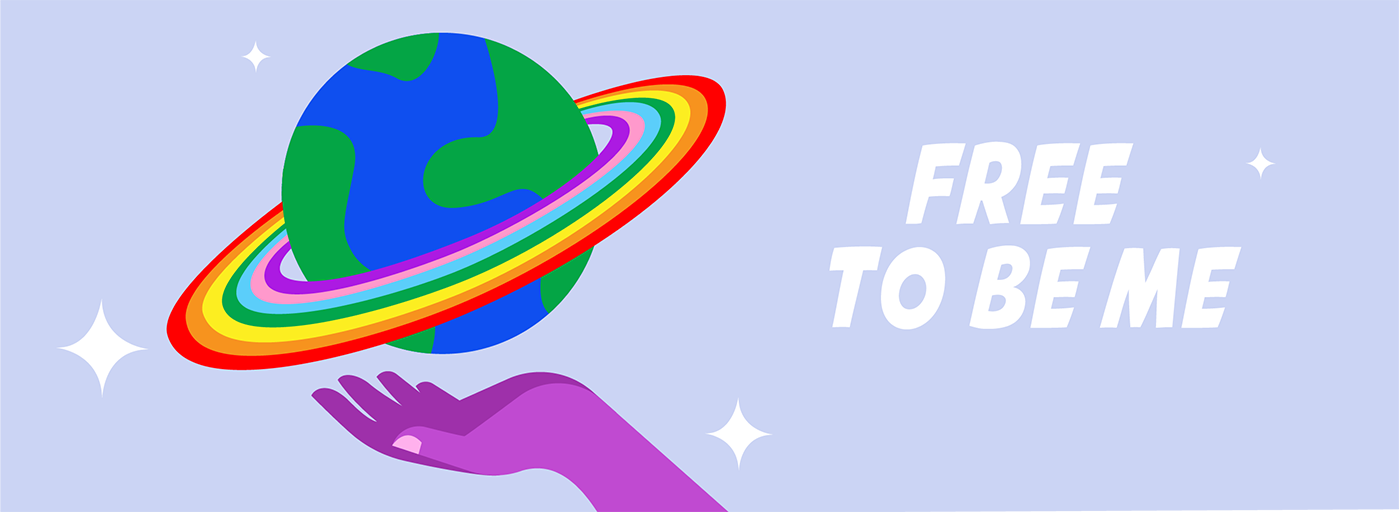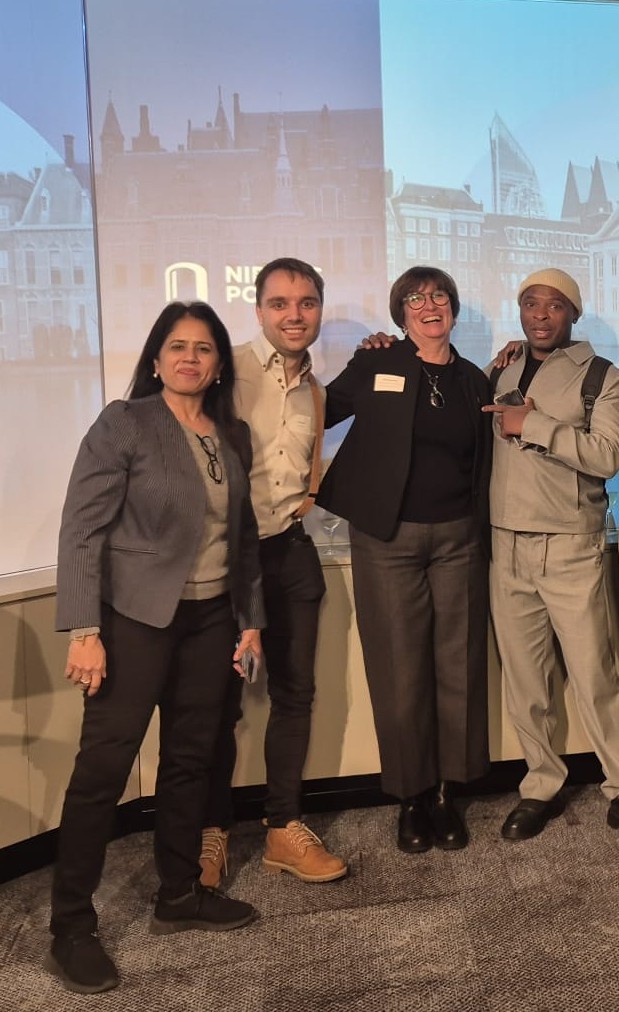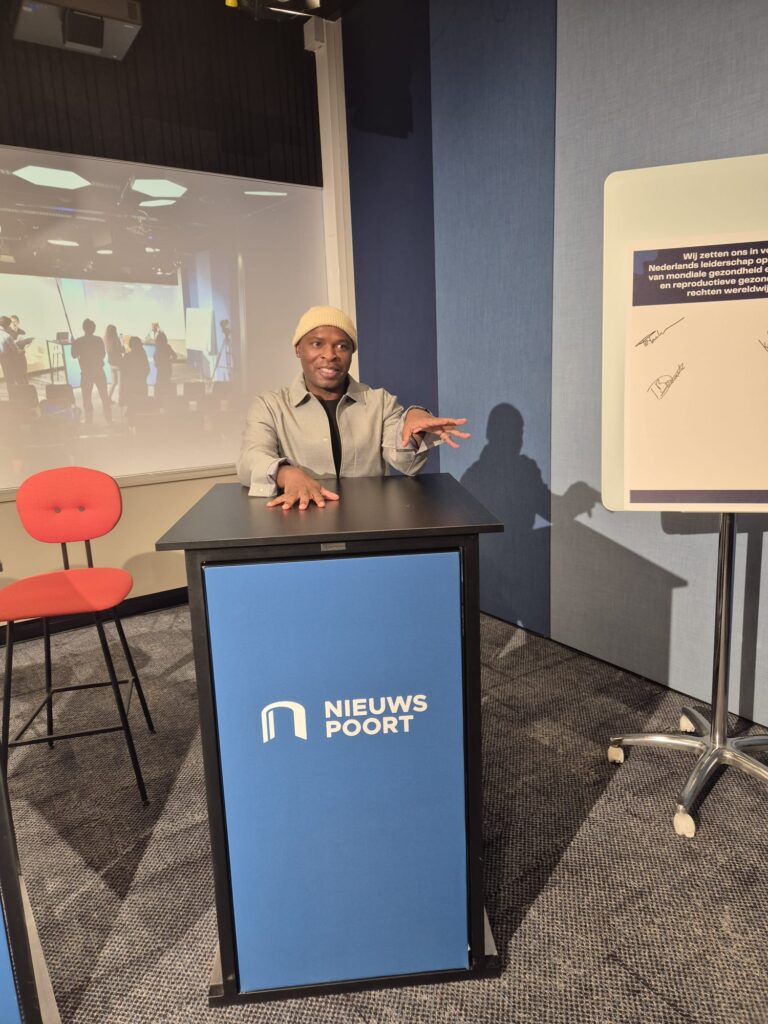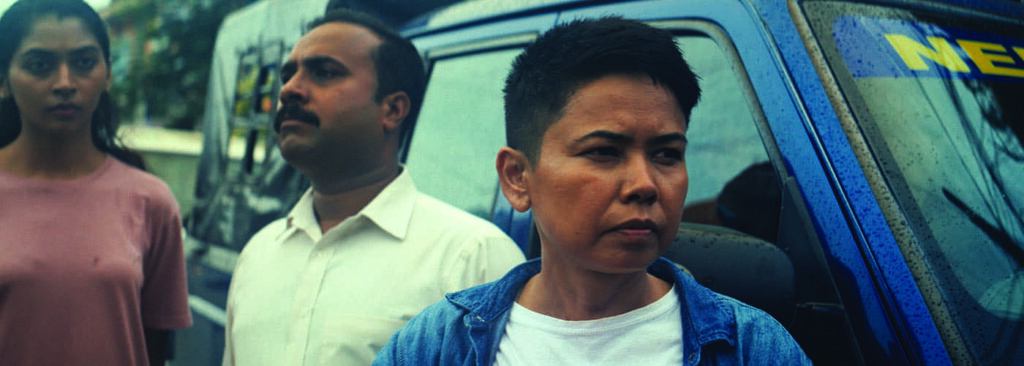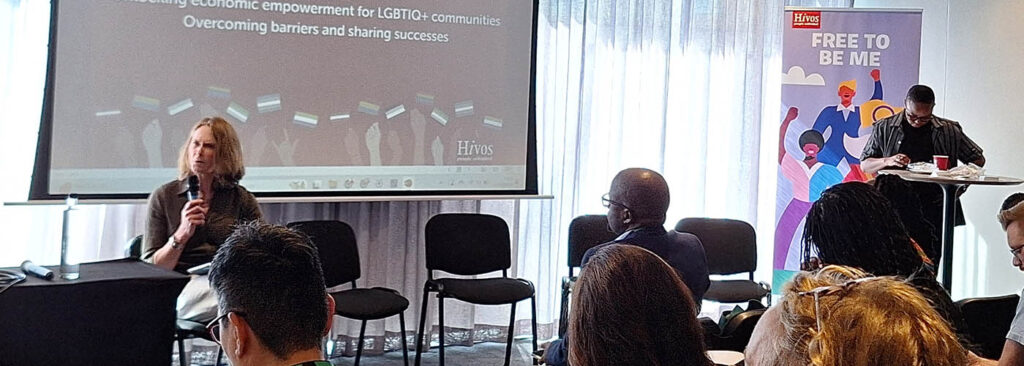Free to Be Me Capacity Strengthening Officer Makena caught up with Teddy Munyimani, a former FTBM CoA Facilitator who is now the Programmes Manager at GALZ, the FTBM Host Organisation in Zimbabwe. Teddy recently attended the Dutch Advocacy Week in the Netherlands, which focused on sustaining Dutch funding for global health and sexual and reproductive health and rights (SRHR).
Could you start by telling us more about the event and its significance?
During the Advocacy week, key stakeholders, including civil society organizations and advocates from both the Global North and Global South, gathered in the Netherlands. It was organized by Aidsfonds and the main goal was to reinforce the Netherlands’ role in global health and sexual and reproductive health and rights.
What was the primary focus of the discussions during the week?
The discussions were centered around safeguarding Dutch foreign aid for SRHR and human rights, particularly in low- and middle-income countries (LMICs). We talked about the potential ripple effects of withdrawing Dutch support, especially for vulnerable communities like LGBTIQ+ individuals, adolescent girls, and young women. Advocates stressed the importance of continuing this support, given the increasing threats to human rights from anti-gender and anti-rights movements.
The Dutch have historically been strong supporters of global health and human rights. Was there concern about this legacy being undermined?
Yes, that was a key concern. The Dutch have long been at the forefront of supporting marginalized communities and SRHR globally, and there’s fear that the proposed funding cuts could reverse much of the progress made. Civil society organizations and stakeholders underscored the impact of Dutch funding in advancing the rights of marginalized groups, especially in LMICs, where advocacy around issues like decriminalizing LGBTIQ+ individuals is gaining momentum.
Were there any notable moments during the event that stood out to you?
One powerful moment was witnessing the solidarity from Dutch civil society organizations. These well-resourced groups used their influence to advocate for vulnerable populations in the Global South. Seeing people in privileged positions advocate selflessly for underprivileged communities was a testament to the power of global partnerships in advocacy. Another highlight was the inclusion of voices from the Global South, ensuring equal footing in the discussions. One last thing was that of demonstrating the complementaries that exist between the objectives of F2BM and Love Alliance!
What were some of the key discussions and action points that emerged from the event?
There were several important themes. One was the link between health, rights, and migration. Advocates pointed out how poor health and rights conditions in the Global South contribute to increased migration pressures in the Global North. Dutch support helps improve living conditions in these countries, reducing migration. Another major discussion focused on urging the Dutch government to maintain its leadership role in SRHR and human rights, particularly for vulnerable communities like LGBTIQ+ people and adolescent girls.
How did the week conclude, and what are the next steps?
The week wrapped up with the launch of the Multi-Party Initiative, a coalition of Dutch parliamentarians committed to supporting global health and SRHR. This initiative reflects the Dutch government’s continued dedication to human rights globally, despite the looming funding cuts. Looking forward, it’s essential to keep engaging with Dutch stakeholders, monitor political developments, and maintain strong partnerships with Dutch CSOs like Aidsfonds and Cordaid. The momentum generated during the Advocacy Week must be sustained to ensure that vulnerable communities remain a priority.
It sounds like the event was a crucial step in the right direction. Do you feel optimistic about the future of Dutch investments in global health?
I do feel hopeful. The Advocacy Week demonstrated the strong commitment from Dutch civil society and parliamentarians to continue championing global health and human rights. There are challenges ahead, especially with the proposed cuts, but the collective effort shown during the week gave me optimism that the Dutch will continue to play a pivotal role in this space. We just need to keep the dialogue going and ensure that vulnerable voices remain at the forefront of these conversations.
Looking ahead, what do you see as the next steps for advocates and stakeholders involved in SRHR?
The next steps involve maintaining consistent engagement with Dutch policymakers, particularly as the upcoming elections in the global north could shape the future of foreign aid. It’s essential to continue building on the momentum from the Advocacy Week and to ensure that Dutch investments in global health and SRHR remain a priority. Collaboration with Dutch civil society will also be key. Ongoing dialogue and partnership will help reinforce the message that the rights and health of vulnerable communities should not be sidelined, even in challenging political climates.
Questions: Makena
Answers: Teddy Munyimani

